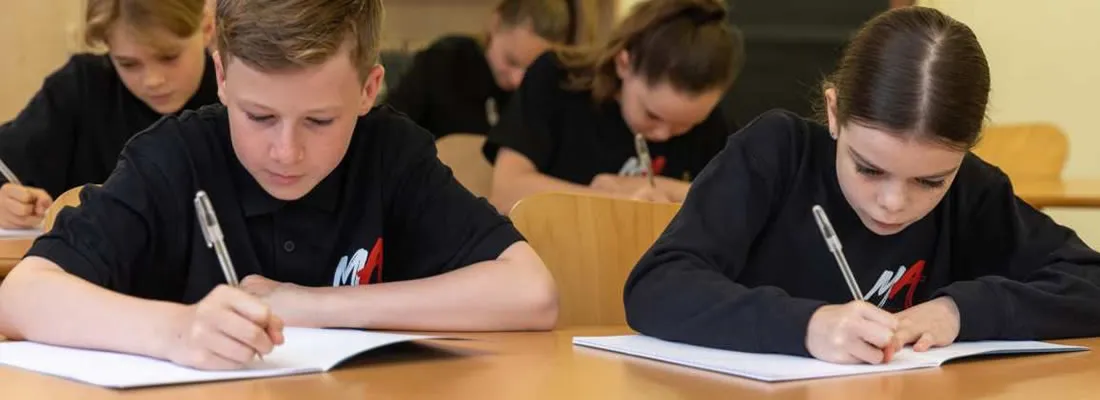Academic Curriculum

At MEPA Academy our objective is to provide our students with a balanced curriculum to enable them to achieve their full potential in the time that they are with us. Academic subjects will delivered in the morning session of the school day, with vocational subjects populating the afternoon timetable.
Key Stage 3
At Key Stage 3 (years 7-9), students will study a broad range of subjects to provide them with a varied academic foundation as they prepare for GCSE exams in Key Stage 4. Students will have an options consultation with parents and staff in Year 9 to select their pathway at GCSE level. Subjects at Key Stage 3 are subject to change.
Key Stage 4
At Key Stage 4 (year 10 and 11), students will study for their GCSE exams. All students will sit Maths, English Language and Literature and Science alongside other specialist subjects such as Drama, Music, Art, History etc. The exact make up of each student's GCSE subjects will be discussed at Parents/Options evening with staff in the second half of their Year 9 academic year. In this very important stage of their academic life, students will be supported by extra revision classes throughout Key Stage 4.